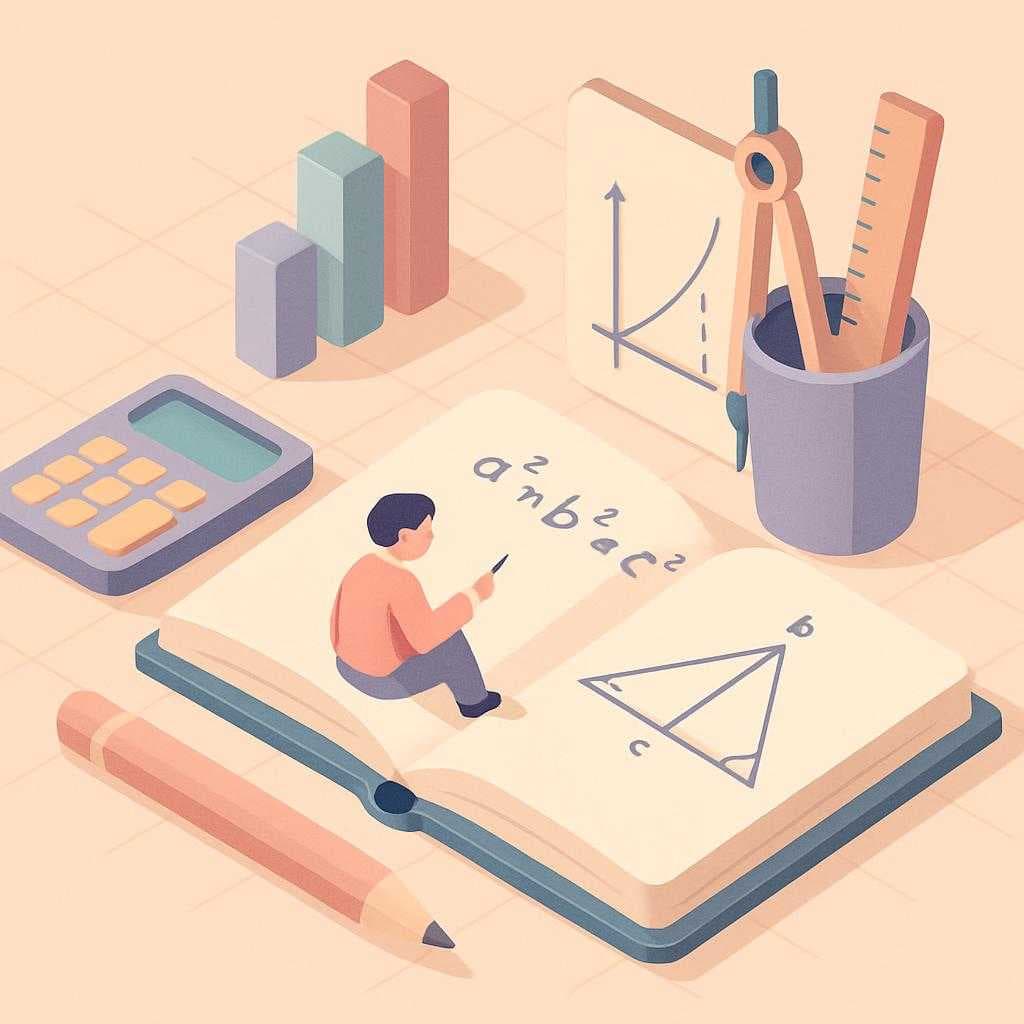The AS-Level Further Mathematics Journey: Mastering Complex Calculations with UK Exam Boards
Navigating the intricate world of AS-Level Further Mathematics can seem daunting, but with the right strategies and insights, you can excel in this challenging subject. As UK students, understanding the nuances of different exam boards like AQA, Edexcel, and OCR is crucial to tailor your study approach effectively.
Why Understanding Exam Boards Matter
Each exam board has specific guidelines and curriculum focuses, which influence how topics are presented and assessed. For instance, AQA might emphasize a different set of competencies compared to Edexcel or OCR. Thus, familiarizing yourself with the specific requirements of your exam board can significantly impact your preparation strategy and performance.
Mastering Core Topics: A Student's Roadmap
-
Complex Numbers and Calculus: These are foundational elements in AS-Level Further Mathematics. Ensure you have a solid grasp of complex number operations and calculus fundamentals, as these are frequently tested topics across all exam boards.
-
Linear Algebra and Matrices: A thorough understanding of matrices and their applications is indispensable. Practice problems involving matrix transformations, as these appear regularly in exams, particularly under the Edexcel and OCR syllabi.
-
Differential Equations: This complex yet fascinating topic is often a staple in further mathematics exams. A structured approach to learning the methods of solving differential equations can aid in tackling high-weight questions, especially in AQA exams.
Effective Study Techniques
-
Past Papers Practice: One of the most effective ways to prepare is by practicing past exam papers. This not only familiarizes you with the exam format but also highlights recurring themes and question types specific to your exam board. Websites like Maths Genie and ExamSolutions offer a plethora of resources tailored to each board.
-
Conceptual Understanding Over Memorization: Strive to understand the 'why' behind mathematical concepts instead of rote learning. This deep understanding will help you tackle unfamiliar problems with confidence, a skill particularly valued in OCR assessments.
-
Peer Study Groups: Collaborative learning can be incredibly beneficial. Engaging in study groups allows you to gain different perspectives and clarify doubts, fostering a deeper understanding of complex topics.
Conclusion
Mastering AS-Level Further Mathematics requires dedication, strategic planning, and a deep understanding of the curriculum tailored to your specific exam board. By focusing on fundamental topics, employing effective study techniques, and leveraging past papers, you can enhance your problem-solving skills and achieve exam success. Remember, the journey is as important as the destination, so embrace the challenges and enjoy the learning process.
